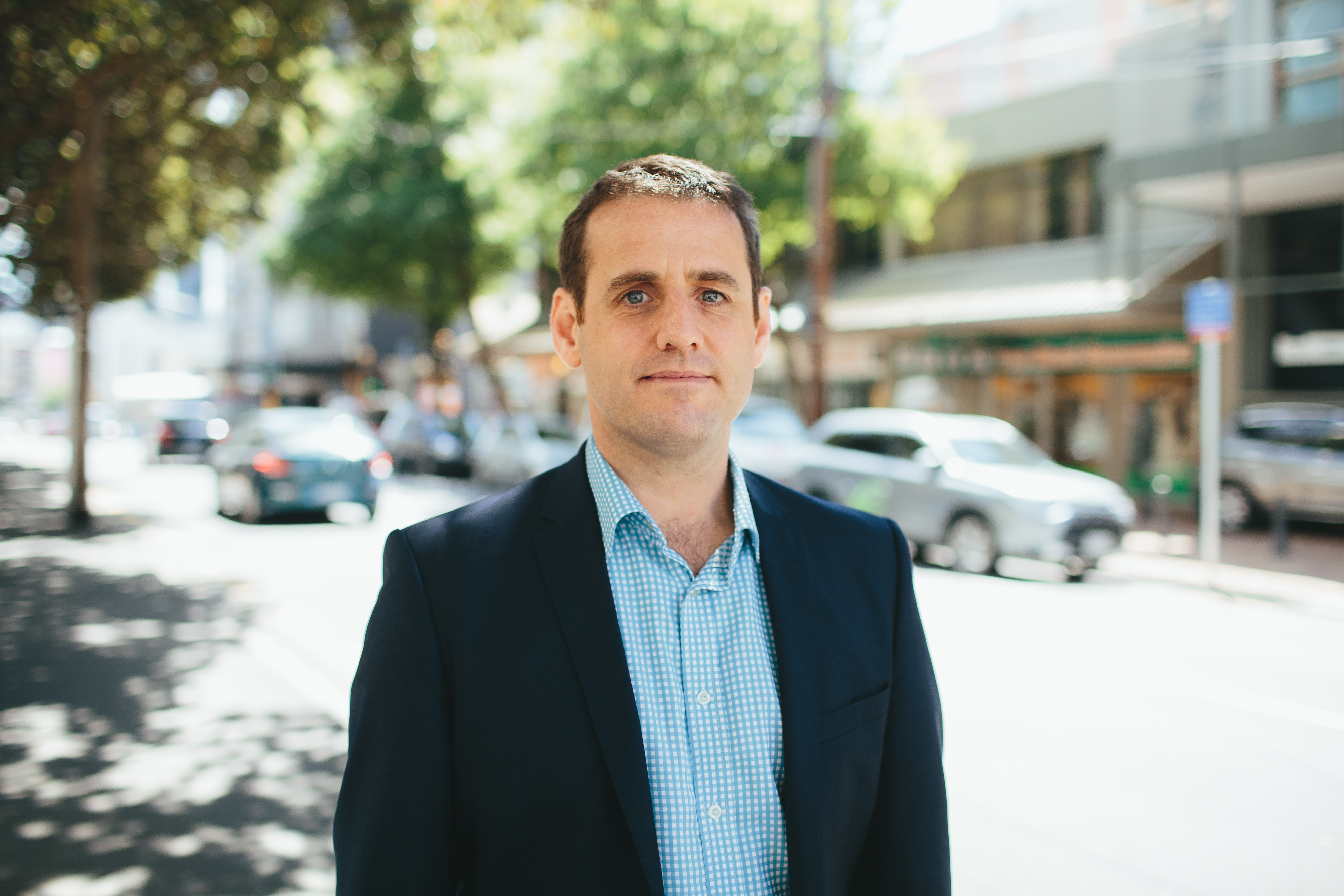The Council of Trade Unions is holding today in Wellington the first ever Roundtable for government, businesses, Māori representatives, trade unions and environmentalists on a Just Transition. The Roundtable will explore how New Zealand will fairly transition to a net-zero emissions economy, with good jobs in well-supported communities.
CTU Secretary Sam Huggard said that the transition to a net-zero emissions economy is inevitable globally, but time is running out to plan a fair and orderly transition. “Climate change impacts are already all around us. Climate emissions need to get to zero as quickly as possible to avert catastrophic weather changes.”
“We have a moment of opportunity right now, for a democratic process to decide how we meet the challenge of climate change. Working people will all be directly or indirectly impacted by the necessary transition. How we share the costs and benefits of these changes is conversation New Zealanders urgently need to have.”
“The Roundtable will hear international experiences of transition from Samantha Smith, the Director of the Just Transition Centre at the International Trade Union Confederation, Tony Maher, President of CFMMEU in Australia and Gil McGowan, President of the Alberta Federation of Labour. Previous transitions show that governments need to move fast to coordinate decent sustainable jobs, retraining and support for working people, and investment in local communities. The earlier we have a transition plan, the greater confidence working people and businesses will have about how they can prepare. ”
“Our international guests have also made the point that the costs need to be shared fairly by businesses and working people. Those on the lowest incomes are the worst affected by climate change and have the least access to resources that will build their resilience. Businesses need to be ready to have open and upfront discussions about their future plans with the working people who built their prosperity.”
“We have put together a ten point plan for a Just Transition that sets out concrete actions for Government, unions and business to prepare. New Zealand still has time to get ahead of the curve and show the world how it’s done.”
